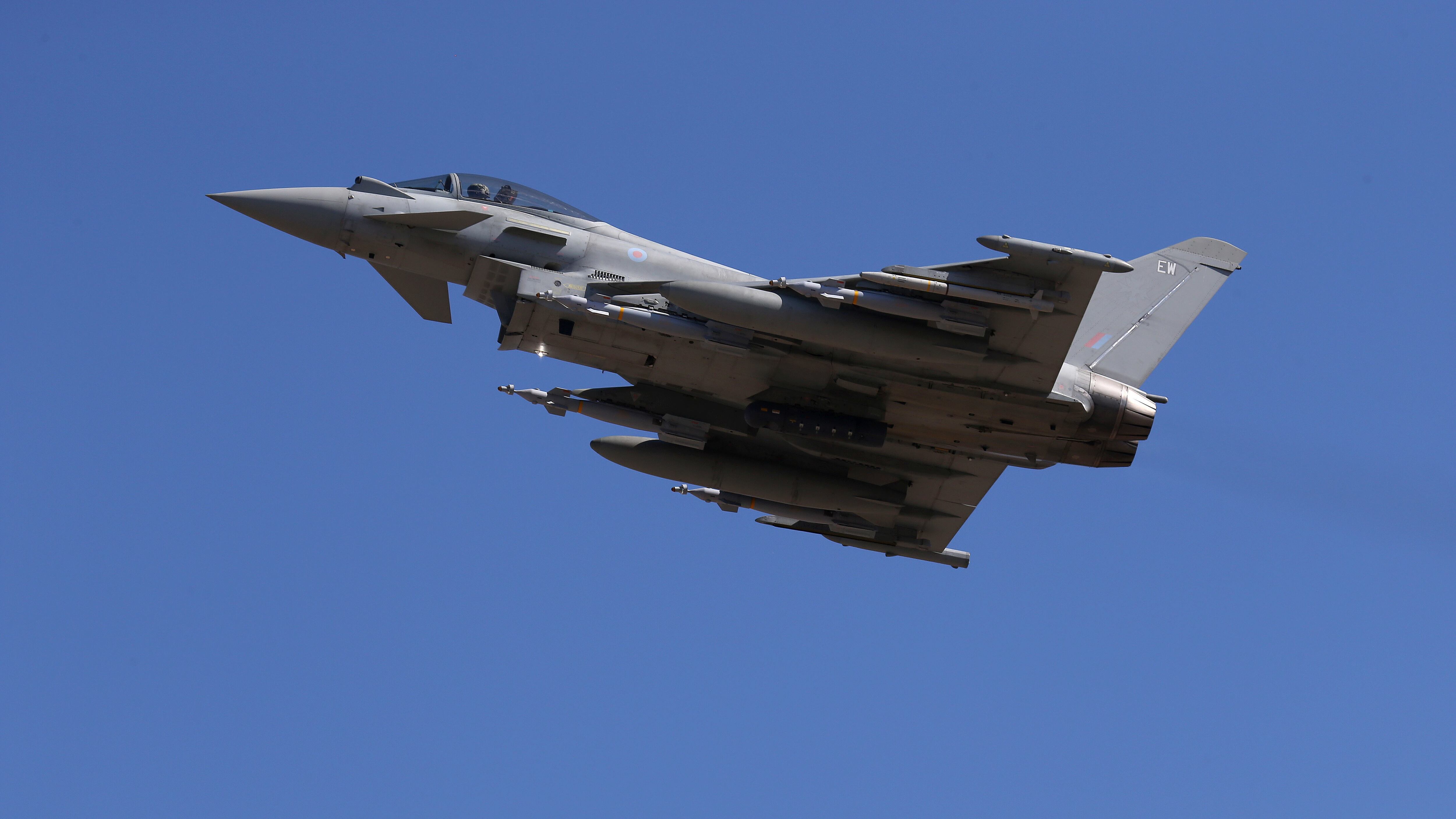PARIS — Innovation and a sufficiently populated Army that can fulfill the service’s strategic needs are key factors in whether France will be prepared for a high-intensity conflict, the military’s strategic thinkers said at a forum held April 16 in Paris.
“Mass,” or the capacity to generate and maintain an ample number of soldiers, is one of eight factors of operational superiority identified by the French Army, according to a speaker at a seminar on how the service will fight in future high-intensity wars. The event was held under Chatham House rules, which means the speaker can not be identified for this story.
A smaller ground force of 77,000 — compared to 220,000 or so in 1996 when conscription was mandatory — could be supported by robots, but French officials insist there will always be a man in the loop.
A senior officer outright rejected the idea of “autonomous killer robots.” He added that future conflicts will likely take place in urban areas and would result in “ferocious attrition of men and materiel,” both of which would be “hyper-connected and thus hyper-powerful."
RELATED

However, that would also serve as "their major weakness,” he added, as enemy disruption of IT systems would prove crippling. He identified redundancies as one solution to both materiel attrition and IT issues.
Another suggestion that came out of the event aimed at ensuring operational superiority by numbers involved delegating most noncombat tasks to civilians. That could enable military personnel to concentrate on combat missions.
However, Army personnel attending the seminar argued strongly against employing mercenaries or private security companies in combat roles. Instead they suggested strategic partnerships with privileged partners such as the U.S. and the U.K., or alliances such as NATO.
They also favored local ad hoc cooperation such as the G5 Sahel Joint Force in central Africa and the use of 24,000 French reservists for positions such as linguists and cyber analysts.
Christina Mackenzie was the France correspondent for Defense News.








